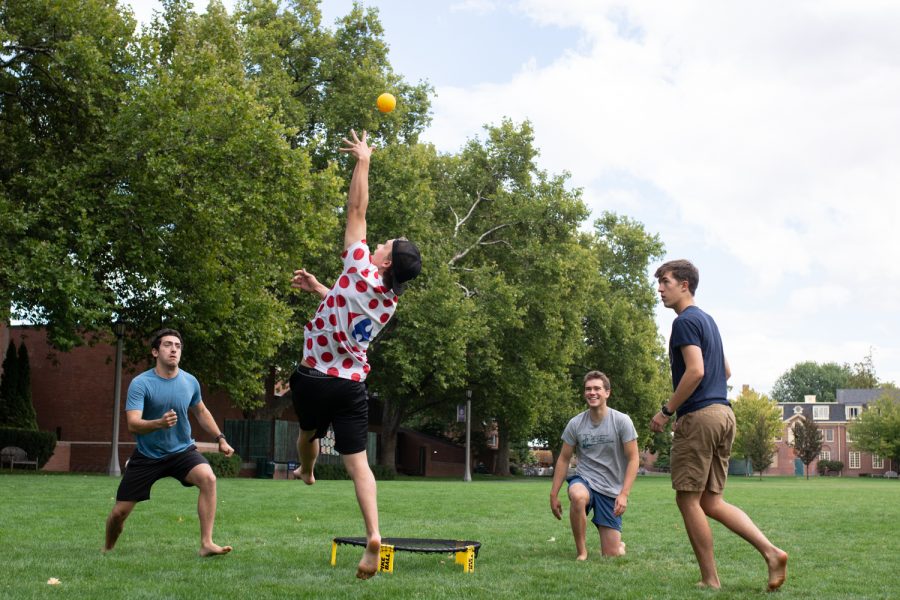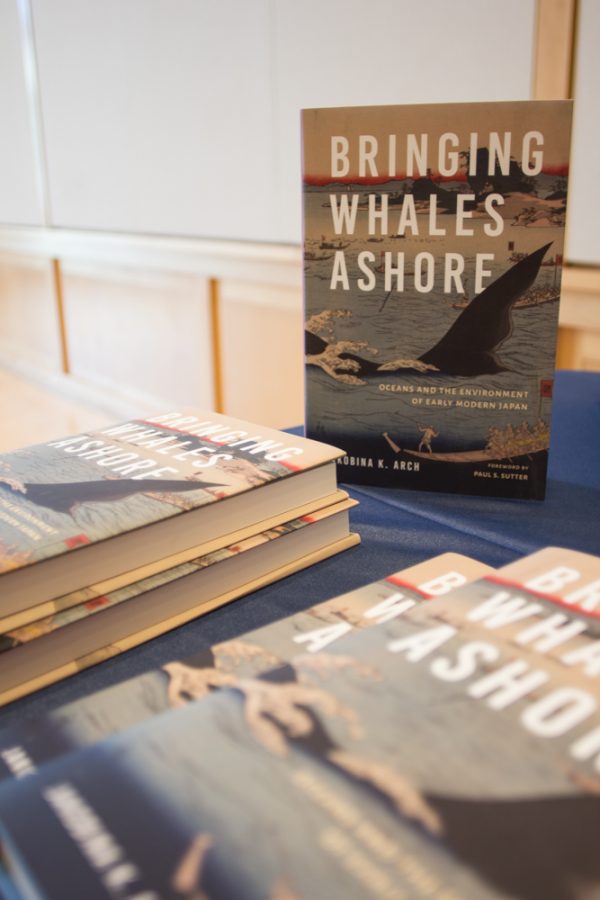Carlos Cuarón, brother of acclaimed Mexican director Alfonso Cuarón (”Harry Potter and the Prisoner of Azkaban,’ ‘Children of Men’), has finally done it: he has cinematically reunited Gael GarcÃa Bernal and Diego Luna since their erotically charged rendezvous in his brother’s 2001 film ‘Y tu mamá también.’ In the film, the two ubiquitous poster boys of Mexican acting portray the half footballing, half quarreling brothers Tato and Beto Verdusco. A story of rags to riches and back down again (somewhat), ‘Rudo y Cursi’ is nearly as unbelievable, as predictable, and as feel-good as ‘Slumdog Millionaire.’ The differences lies in the degree to which the dialogue feels contrived. Bernal and Luna’s colloquial, boxing match disputes are as entertaining as they are convincing. Unfortunately, not much else is.
Whereas his brother had to build his reputation in order to even get into Hollywood, it seems as though Carlos has already been in it for a while now. ‘Rudo y Cursi’ is his first feature film, yet it feels exactly like a classy Hollywood director’s tenth. Is that necessarily bad? No, especially if you’re not looking to develop an independent perspective on cinema unlike the three guys at Cha Cha Chá that produced his film: Alejandro González Iñárritu (‘Amores Perros,’ ’21 Grams,’ ‘Babel’), Guillermo del Toro (‘Pan’s Labyrinth’), and his brother Alfonso. Indeed, ‘Rudo y Cursi’ is a cute, want-to-be-moral Hollywood story with a Mexican accent. The film, as A. O. Scott from the New York Times suggests, “is unsure of how earnestly to treat its own lessons about fate, ambition and brotherly love.”
That is, if it even has any lessons. The movie does not end entirely as it starts, thereby losing most of its ‘earnest’ quality. The brothers are left neither destroyed by their careless, egotistic vices, nor moved by the lessons from the consequences of their vices; they are childishly unperturbed.
Cuarón’s clichéd script begins promisingly in a village in southern Mexico where the two brothers, Beto and Tato, work together or yell at each other in a banana plantation. Apart from the plantation, their lives center around soccer and the local team for which they play. Fútbol provides the spectacle the town uses to escape, albeit for ninety minutes, from their impoverished reality. All of a sudden, the two are given the opportunity of a lifetime to play professional soccer in Mexico City by the chubby, Corvette-driving talent scout Batuta, and soon, fame, money, women, and new nicknames (Rudo – ‘tough guy’ – for Beto and Cursi – ‘corny guy’ – for Tato) come their way in throngs. The film introduces Batuta before Beto and Tato, and his cute, anecdotal voice-overs that emphasize the game/life parallel continue throughout the movie. The movie itself, however, feels a lot more like a slice out of a soccer game than a slice out of life.
The two, predictably, get into trouble via their newly acquired fame: Rudo (Luna) gets into money problems and has to give up a shutout record to pay back his debt while Cursi (Bernal) has relationship problems and needs a goal to re-kickstart his career. They finally meet, of course, in a one v. one, penalty kick situation. Their futures symbolically hinge on a penalty kick; the situation is identical to that which sprung both of them into soccer stardom. Does Cursi slot one past his brother or will Rudo come up with a big save?
Better yet: does it really matter?
Reel Score: 5 (out of 10)
The film ‘Rudo y Cursi,’ which opened earlier this month in New York and Los Angeles, should be coming soon to your local independent cinema.





